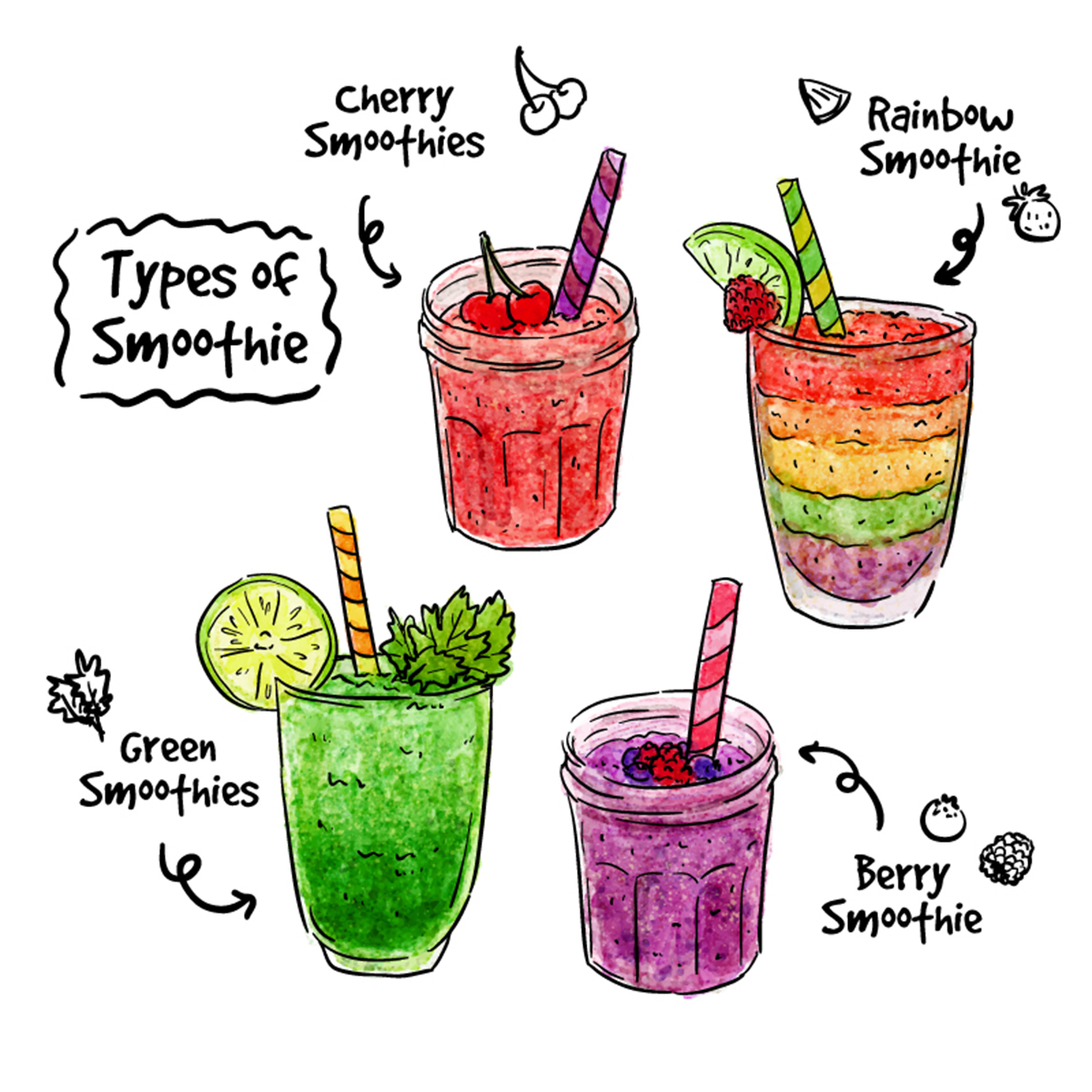Table of Contents
But I heard...
You've heard that juicing might not help you lose weight because fruits tend to be high in calories and sugars. You've heard that replacing meals with a nice juice might be a bad idea, because you'll either starve yourself or be so hungry that you'll stuff yourself at the nearest McDonald's later on. That brings us to another point — juicing means you lose all the fiber that was in the fruits and veggies you are using before, and that's a shame, because that fiber is actually really important.

Yes, juice can have a lot of calories. Surely though, it's clear that the calories you get from the aforementioned fast food outlet aren't the same calories you'll find in a juice made from 100 percent pure fruits and vegetables? Yes, juice can have a lot of sugar, if you incorporate a lot of fruits. Surely though, it's clear that refined (or added) sugars of the kind you'd find in store-bought cookies or even a salad dressing aren't the same thing as the natural fruit sugars you'll find in home-made juices? Nuff said: not all calories and sugars are bad.
Yes, drinking juice instead of eating meals can leave you hungry, which is why you may not want to do that. If, like me, you replace mindless unhealthy snack time with healthful juice time though, that's a different story. The solution to sustained and healthy weight loss isn't a fad diet, including a juice-only diet, but a balanced, responsible eating plan in which juice can play a role as well — the role of making sure you get the vitamins and minerals you need, for instance.
Yes, juicing rids your fruits and vegetables of most of their insoluble fiber content. Soluble fiber, which binds water to itself and turns into a kind of gel that aids digestion, isn't affected by the juicing process though. You need insoluble fiber too, and that, of course, is why you might like to enjoy smoothies some days, and juices on other days.
READ Juicing: Benefits And Downsides
The Bottom Line
Juicing and blending can be an absolutely wonderful way to help you attain a healthier diet that contains more of that fresh produce that is so crucial for all your body's systems, in turn lowering your risk of several diseases you really don't want. It can bring a boost of quick, easy, and healthy vitamins and minerals into your life, offering you the external side effects of health — like increased energy and improved skin — in the process. The main reason juicing and blending do such a great job of making you healthier is that the "liquid vitamins" you get also taste good. Who doesn't want to get healthier by enjoying something that tickles the tongue?
- Infographic by SteadyHealth.com
- Photo courtesy of stone-soup: www.flickr.com/photos/stone-soup/6912197737/
- www.medicalnewstoday.com/articles/7381.php
- www.webmd.com/diet/features/juicing-health-risks-and-benefits#2
- www.mayoclinic.org/healthy-lifestyle/nutrition-and-healthy-eating/expert-answers/juicing/faq-20058020
- medlineplus.gov/ency/article/002136.htm
- www.webmd.com/heart-disease/guide/plant-based-diet-for-heart-health
- medlineplus.gov/ency/article/002136.htm


Your thoughts on this